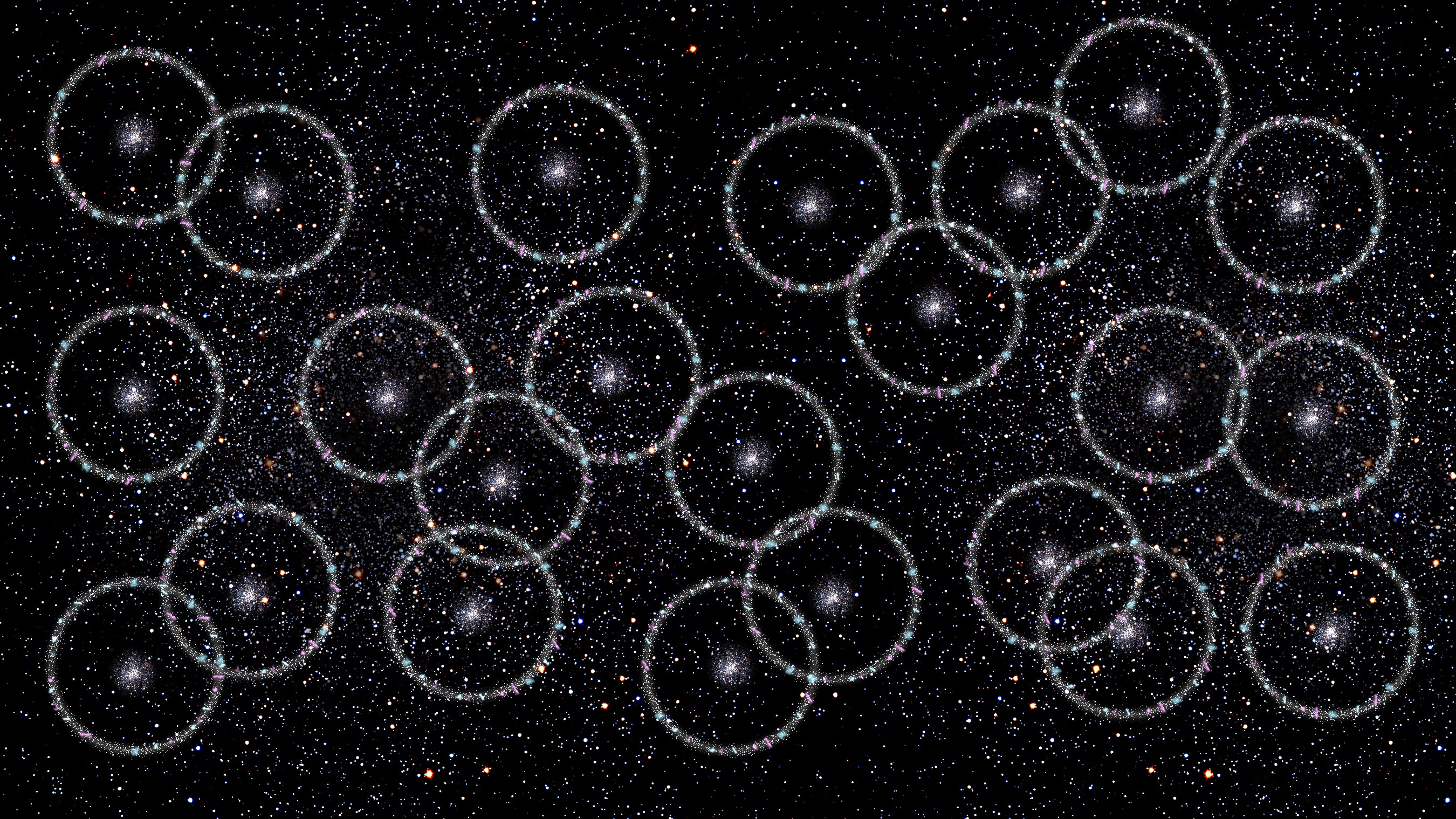Question: Don’t we lose information when digital signals try to replicate an analog wave pattern? (Submitted by David Russell)
Michio Kaku: David, you ask a very interesting question because we live in the so-called digital age. Everything is digital, digital TV, digital information. Everything is digital. It’s the sexy word of the day. However, as you pointed out, analog has actually more information. You lose information by going from analog to digital, so then the obvious question is: why bother? If you lose information going from analog to digital, then why bother to make this multi-billion-dollar conversion? All our equipment, television, radio being converted from analog to digital, why? Well here is how it works. An analog signal is nothing but a squiggle with lines... can take any number between let’s say zero and one. Digital only breaks things up into zeros and one and nothing in between, so if I take a curve like this and then break it up into zeros and ones obviously I lose information in the process, so what do I gain? I’ve got to gain something back. And what I gain is enormous, because once everything is reduced to zeros and ones, zeros and ones, it means I can copy, copy the original wave with no errors.
If I have a wave like this and I ask you to make a copy of it, well it’s quite difficult. I get tracing paper. I get a pencil and paper and I try to trace it out and then if you make a copy of a copy you lose more information. For example, take a Xerox and make a Xerox of a Xerox and then made a Xerox of a Xerox of a Xerox. After a while the paper becomes almost white because each time you Xerox something you lose information. But now take zero and one and make a copy. You get zero and one. Make another copy. You get zero and one. Make a billion copies and you still get zero and one. Not only that, you can also massage the signal. You can play with it, accentuate things, bring out certain low frequencies, high frequency—you can play with it while analog you lose information each time.
Now think about it. This interview here is taking place in a studio where my image is being transferred optically to a silicon chip then sent over the Web and then downloaded into your PC. How many reproductions took place? I don’t know, 10, 15 reproductions. If that was an analog signal by the time you see my image it would be all blurry, but compliments of digital you see it crisp and sharp every single time, so to answer your question we do lose information going from analog to digital, but what we gain is enormous. The ability to copy without error, the ability to manipulate. And that is why we call it the digital revolution.
Recorded September 29, 2010
Interviewed by Paul Hoffman






